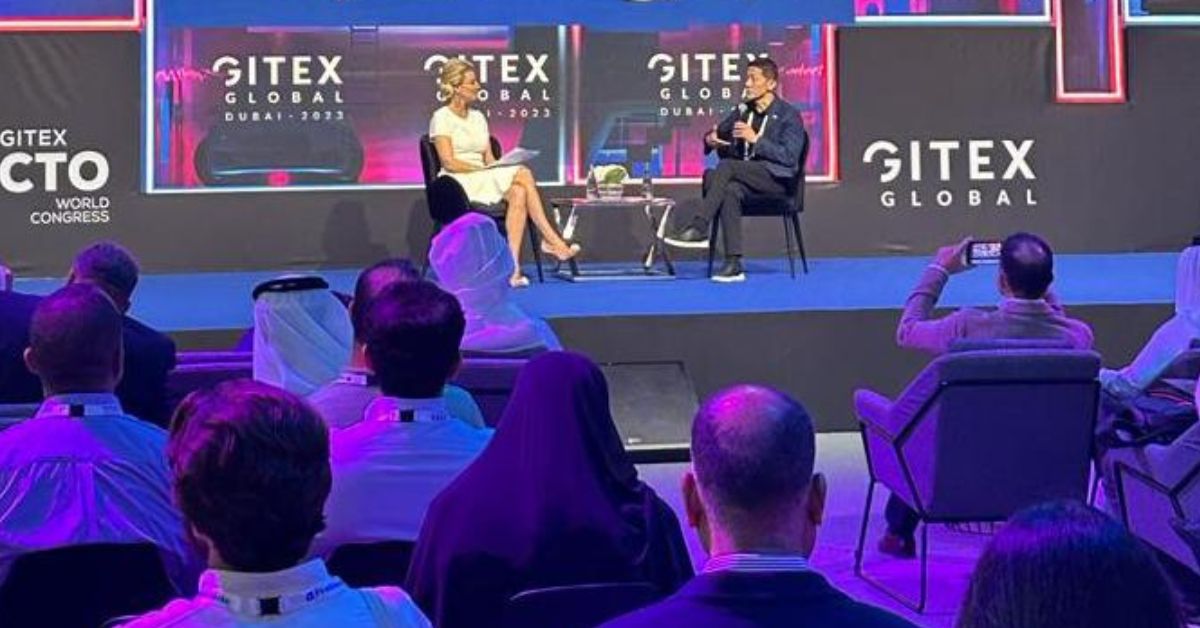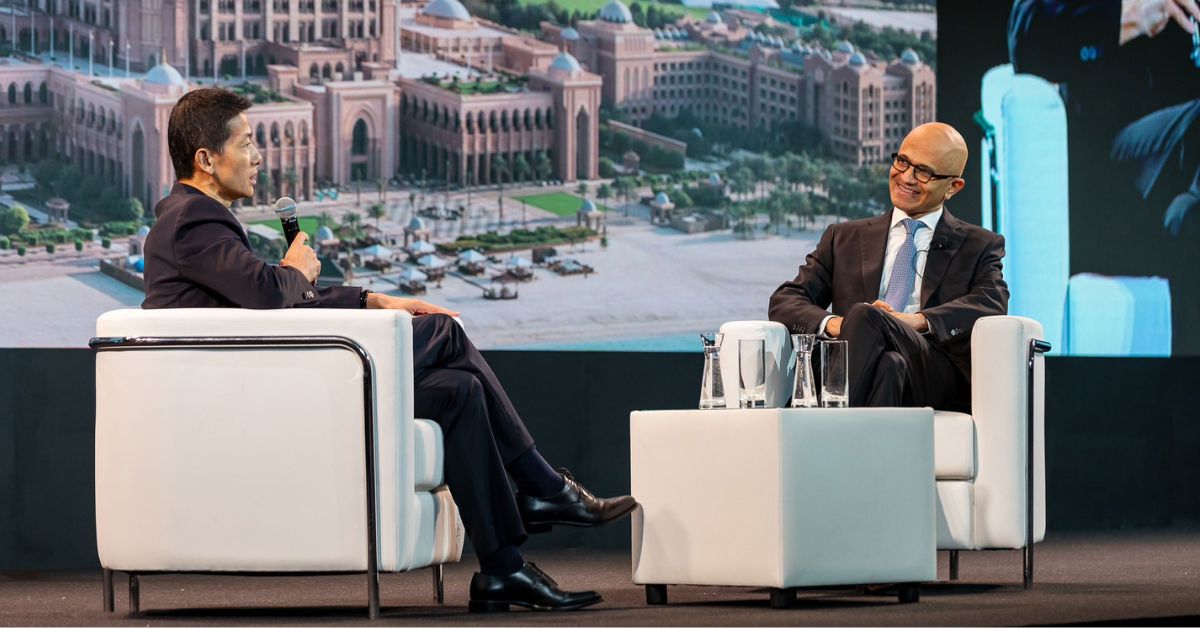Dubai, UAE — The Gulf Cooperation Council (GCC) is currently at the heart of a digital and geopolitical tug-of-war, as countries and companies in the region balance national security interests with the pursuit of a digitally-enabled future. This situation has been influenced significantly by global tensions, particularly between the United States and China, as seen in various strategic shifts and alliances within the GCC.
A notable example is the Gulf AI company, G42, which has realigned its partnerships away from Chinese firm Huawei, favoring U.S. counterparts instead. This shift was partly in response to U.S. regulations concerning the export of advanced microchips, driven by concerns over potential espionage risks from Chinese companies. G42’s collaboration with OpenAI and the launch of Jais, an advanced Arabic AI software, exemplify this strategic pivot.

The semiconductor industry is a battlefield in this wider conflict. The U.S. has imposed bans on the sale of advanced semiconductor chips to Chinese companies, citing national security. Semiconductors are crucial for powering new technologies, with Taiwan being a major producer. This has placed GCC states in a difficult position, as they decide between aligning with U.S. security and political partnerships or pursuing economic and technological interests with China.
Saudi Arabia and the UAE have notably invested in Nvidia’s AI chips, while also fostering closer ties with China in various sectors. Saudi Arabia remains a key oil supplier to China, and recent investments and agreements between Saudi and Chinese companies highlight this strong relationship. The launch of the CEER electric vehicle brand in Saudi Arabia, co-developed with China’s Foxconn, and various other trade and investment initiatives underline the deepening ties between the GCC and China.
This dynamic is further complicated by the GCC’s growing economic interactions with Asia, which has seen a significant increase in trade. The UAE and China’s trade relationship, in particular, has grown substantially, indicating a strategic pivot towards Asia. At the same time, Saudi Arabia and the UAE’s recent entry into the BRICS group marks a shift in international power dynamics, signaling an inclination towards diversifying their economic and political alliances.
However, GCC states are adept at balancing their relationships with both superpowers. The GCC’s engagement with the Association of Southeast Asian Nations (ASEAN) is part of a strategy to diversify trade relations and mitigate risks from the U.S.-China standoff. This balance is crucial for the GCC, as it navigates its position between two global superpowers.
International companies operating in the GCC, such as Ericsson and BGI Genomics, also find themselves navigating this complex geopolitical landscape. These companies must carefully balance their operations to remain secure and compliant amidst the ongoing U.S.-China tensions.
The GCC is at a crossroads, managing its alliances and economic interests in a rapidly evolving global context. The region’s strategic decisions will significantly impact its …
Dive deeper into this intricate geopolitical landscape and understand its implications for the GCC and beyond. For the full report, click here.








